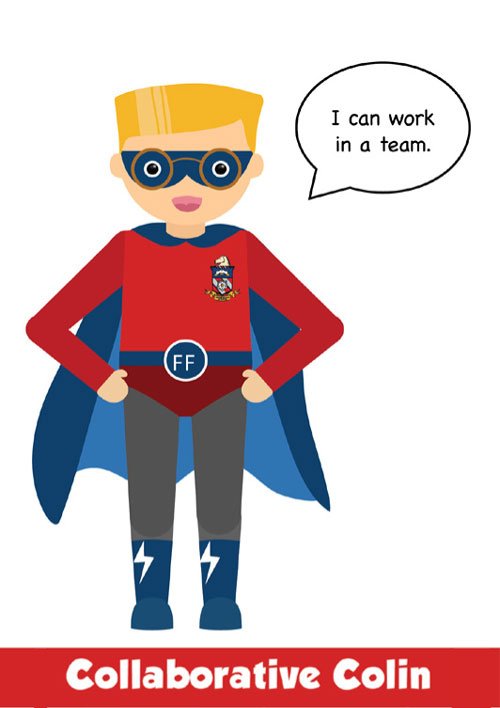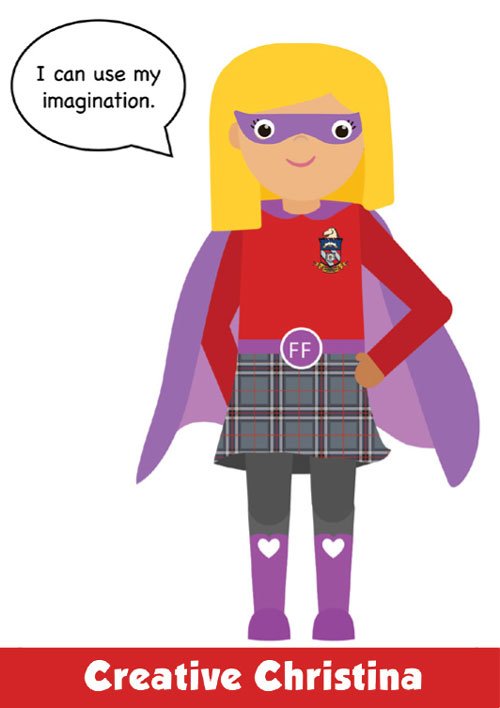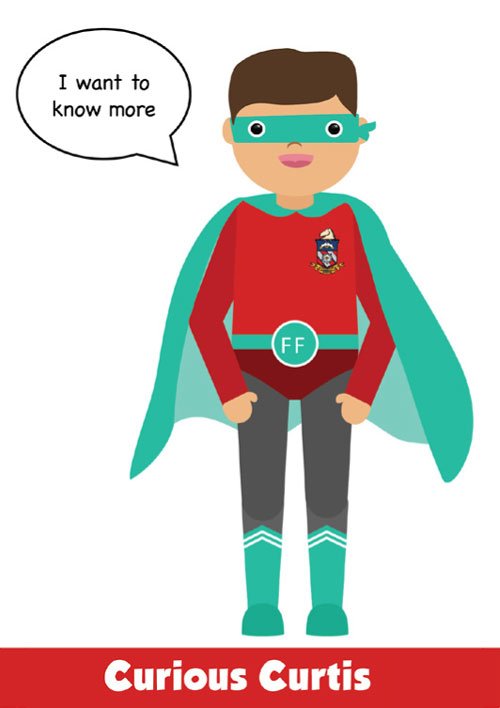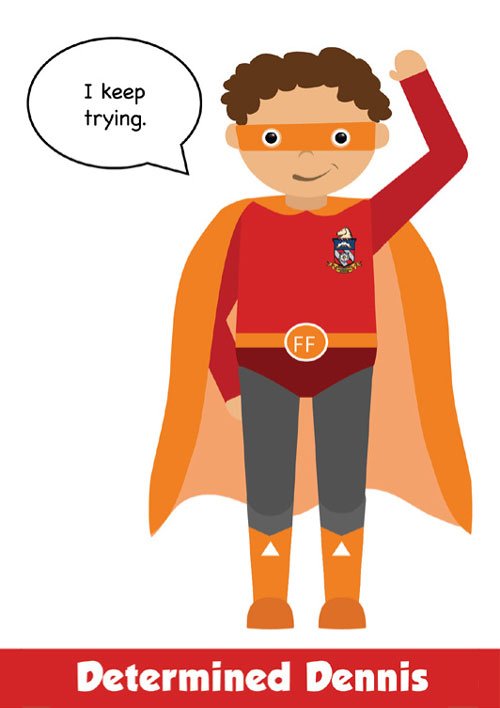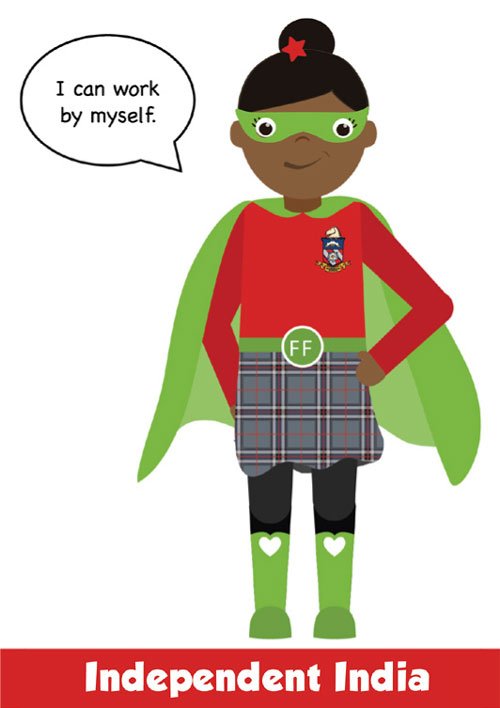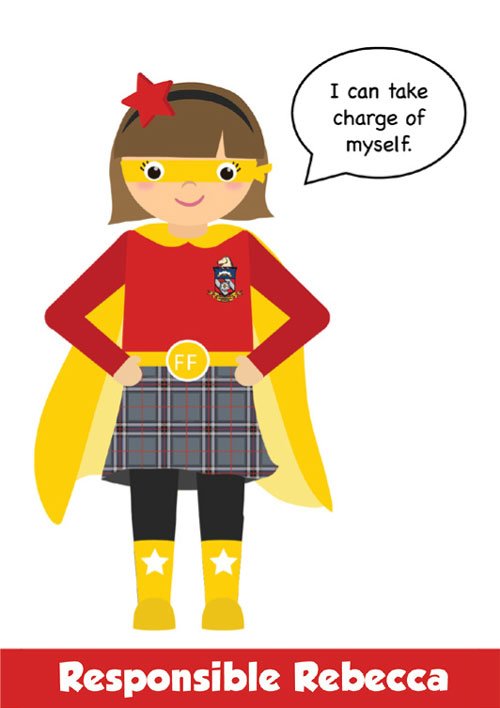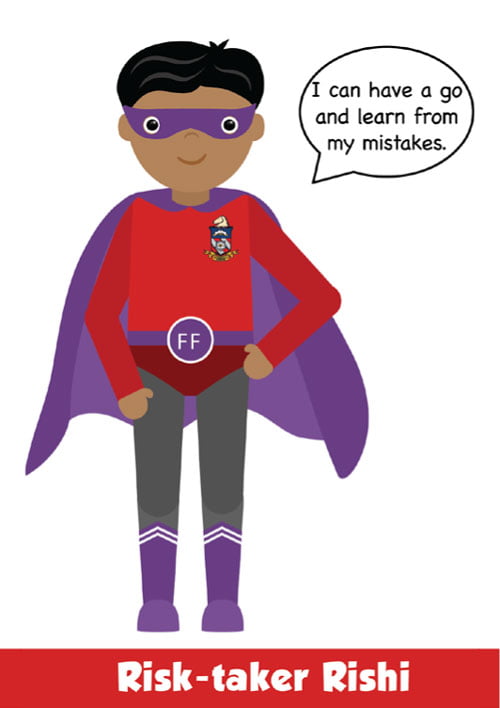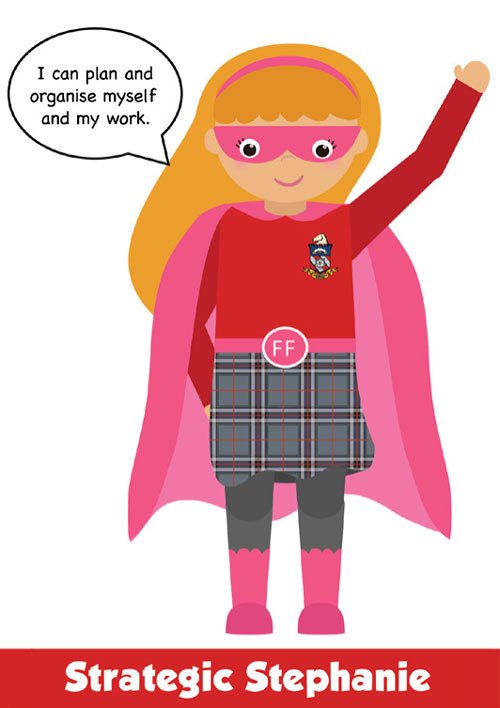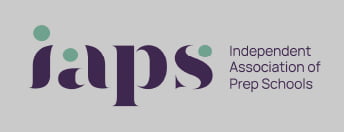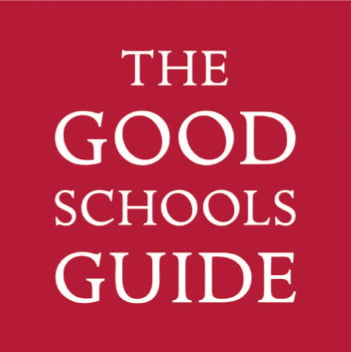The Froebelian School Curriculum for Early Years, Key Stage 1 and Key Stage 2 covers all National Curriculum subjects with additional content and extended levels in many subjects.
‘A Flying Start’
At the very core of the Froebelian ethos is our commitment to laying solid foundations for a lifelong love of learning, for every child to gain essential knowledge and skills and to develop robust personal attributes relevant to their futures.
Our curriculum is designed to encourage children to become independent learners who make connections between life in school, life at home and life in the wider world. By helping our children to see that learning is connected to life, we believe a strong foundation for future learning will be established – ‘Giving a flying start to the citizens of tomorrow.’
Our curriculum adopts an inquiry-led approach to learning across the school. Our aim is to provide a first class, future focused all-round education with committed and supportive pastoral care enabling us to develop the whole child.
Our curriculum encourages children to:
– develop a strong set of problem-solving strategies;
– think critically;
– develop knowledge and skills to apply to new situations and tasks;
– continue to question throughout their lives;
– develop a sense of international mindedness; and
– take action because of the learning process.
Children will:
– learn through inquiry;
– build on prior knowledge;
– be curious, be inquisitive, ask questions, explore, and interact with the environment physically, socially, and intellectually;
– be supported in their journey to become independent, autonomous learners; and
– learn through differentiated experiences that accommodate for a range of abilities and learning styles in a group
There are six transdisciplinary themes that provide the framework for our learning. These themes are globally significant and support the acquisition of knowledge, concepts, and skills of traditional subjects.
– Who we are
– Where we are in place and time
– How we express ourselves
– How the world works
– How we organise ourselves
– Sharing the planet

